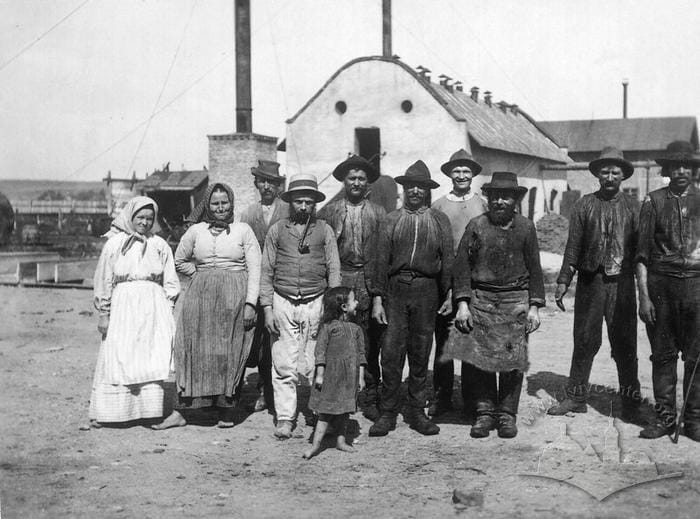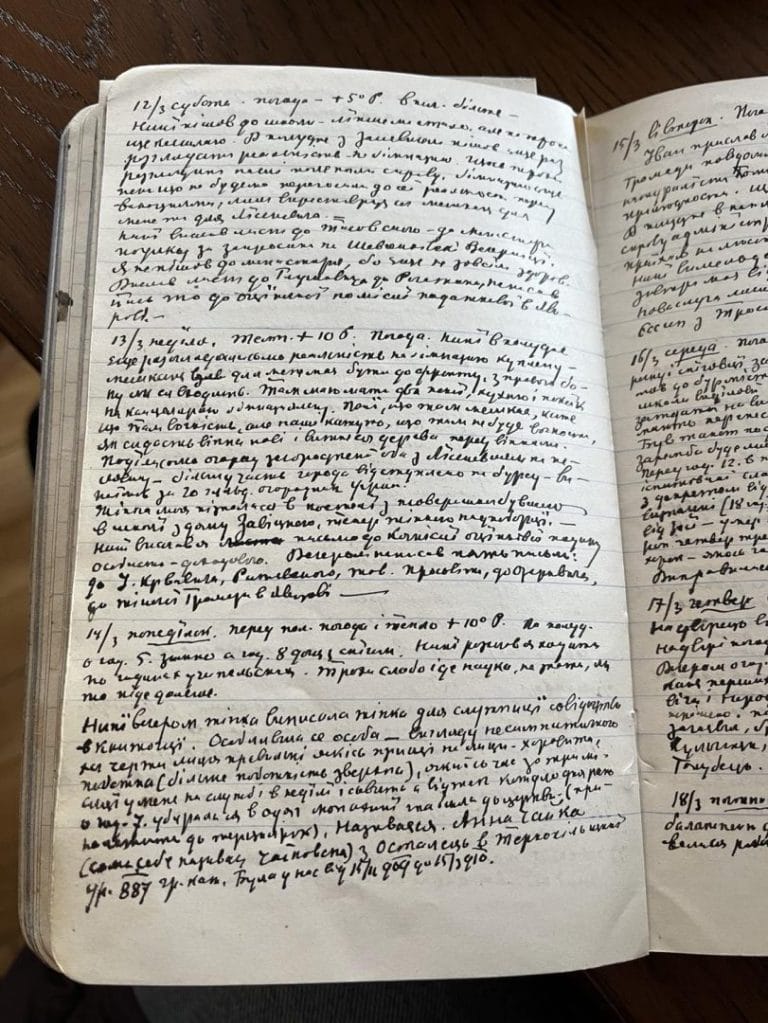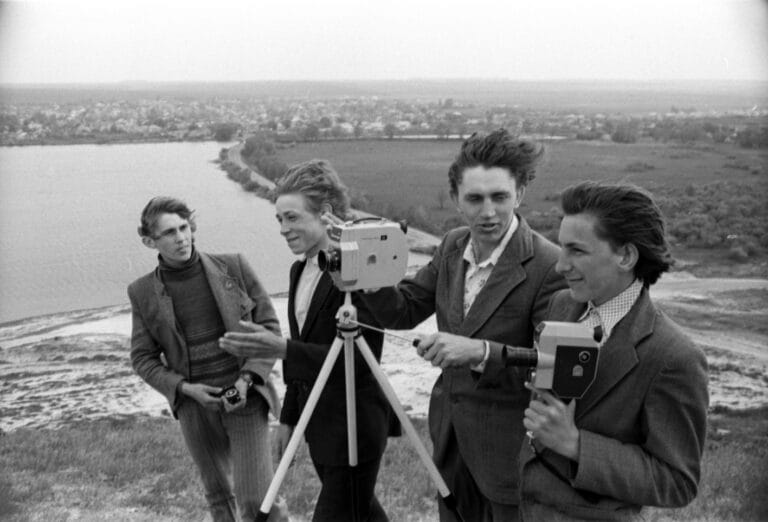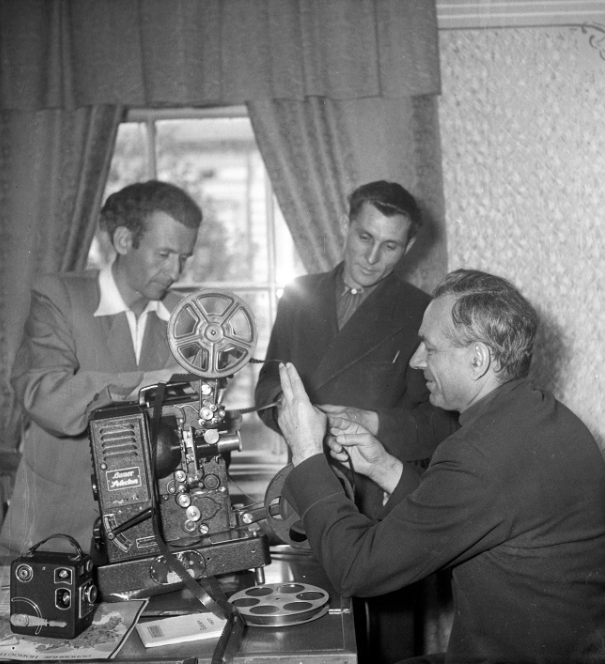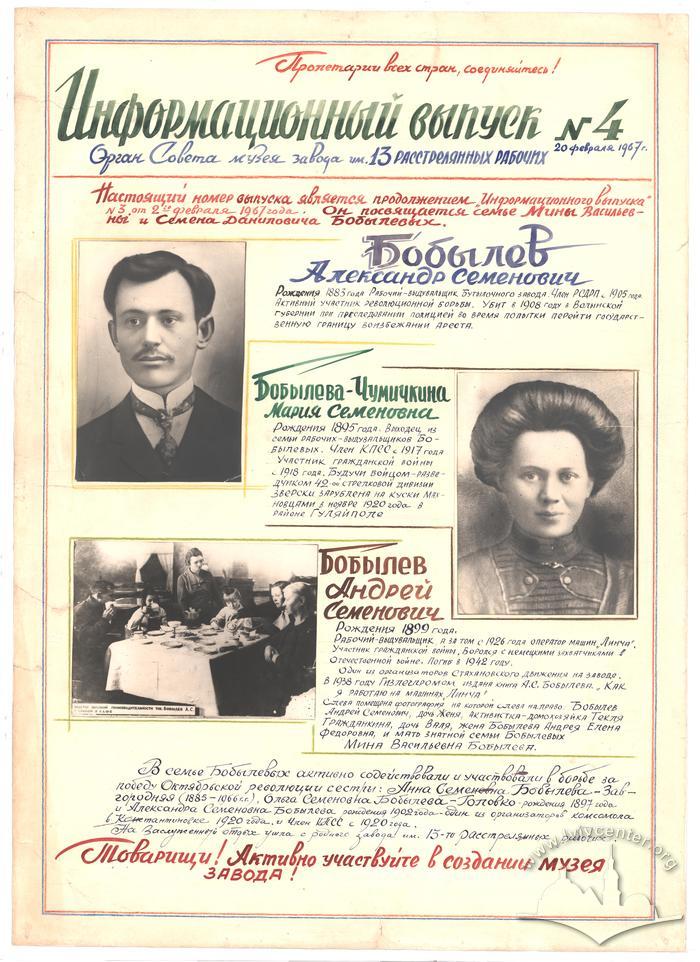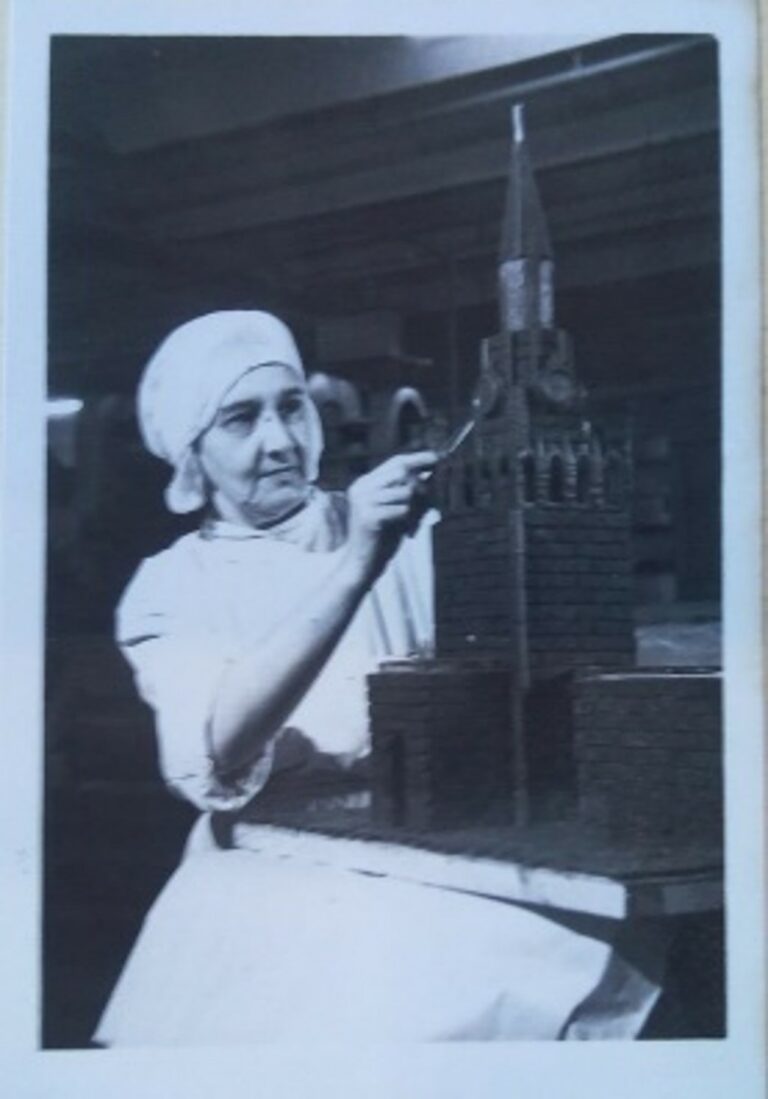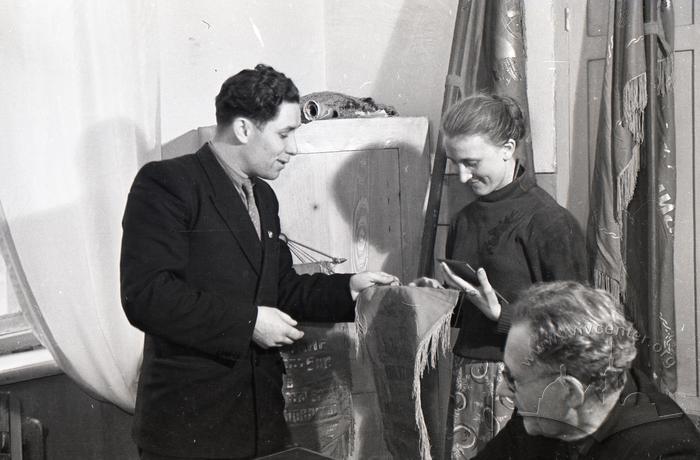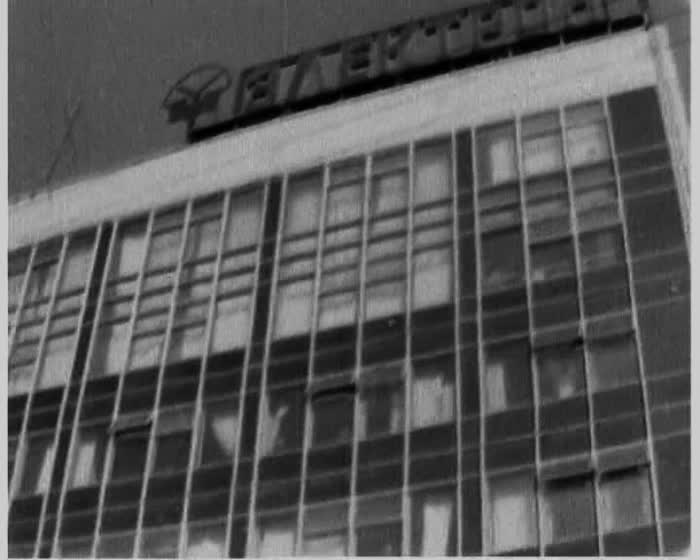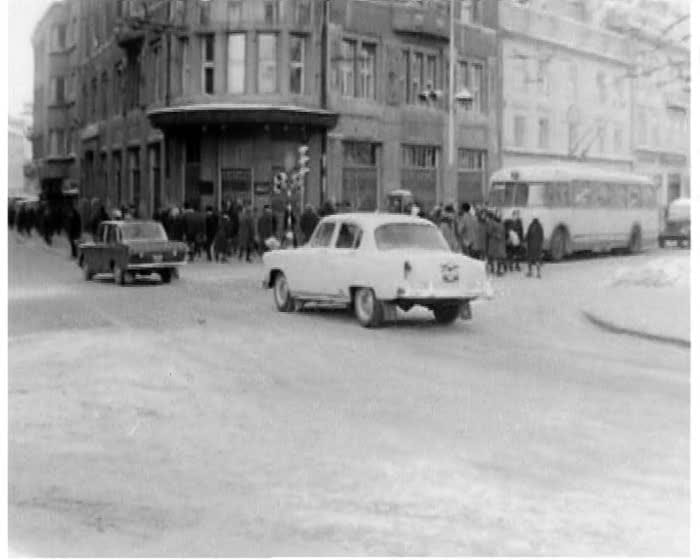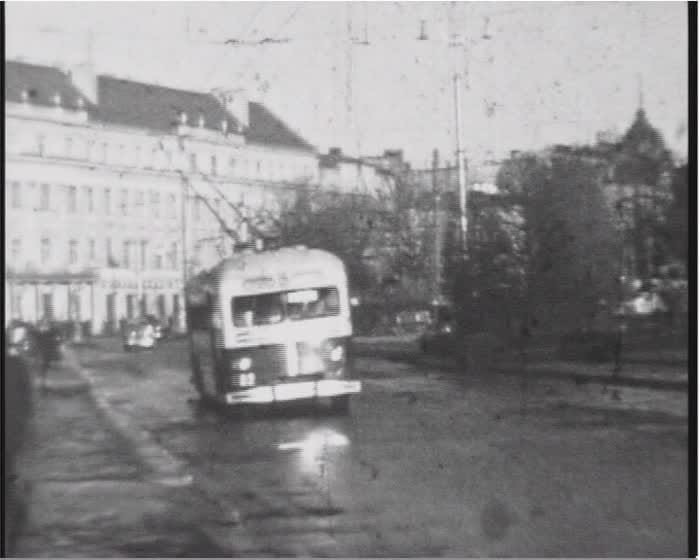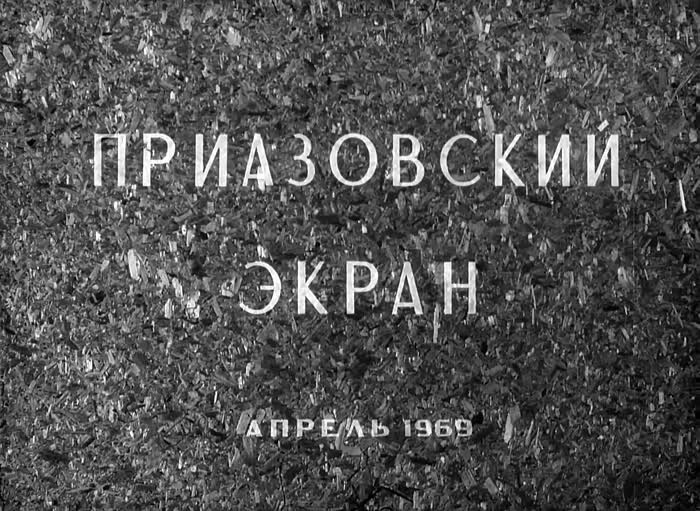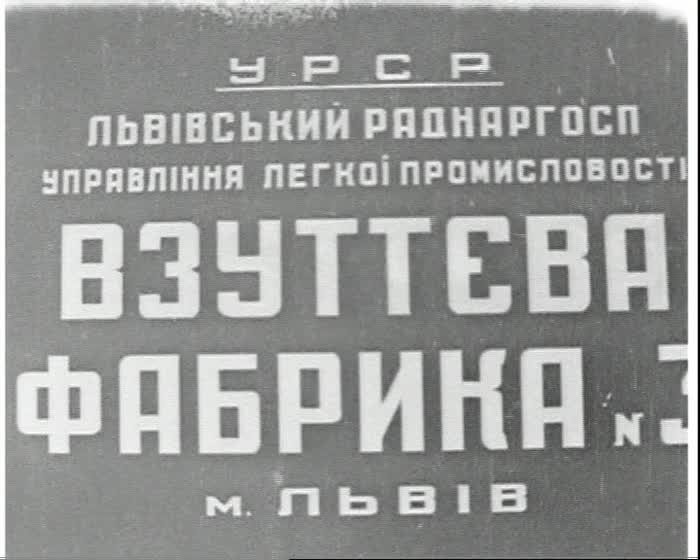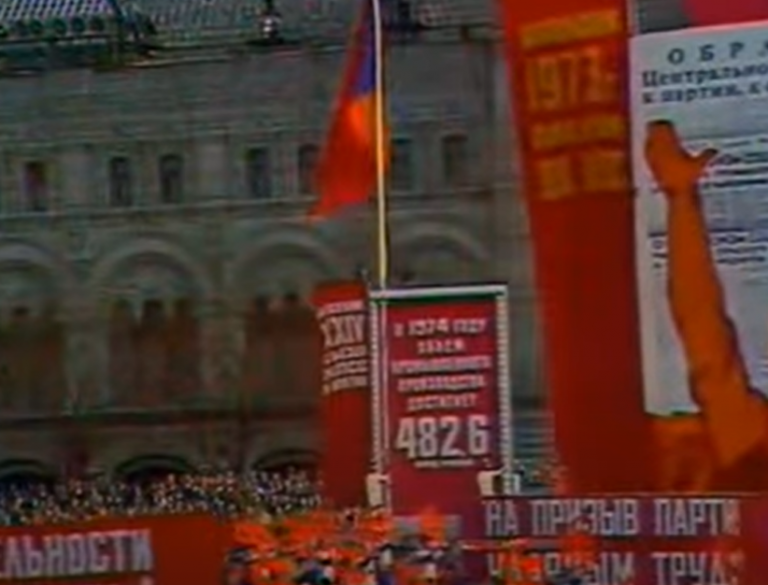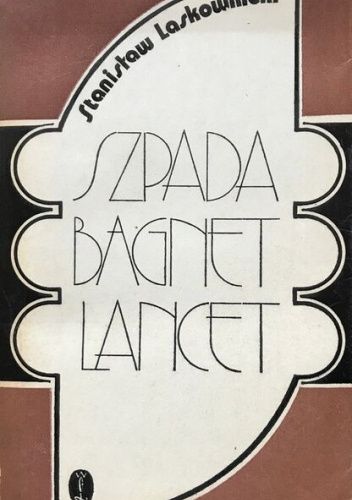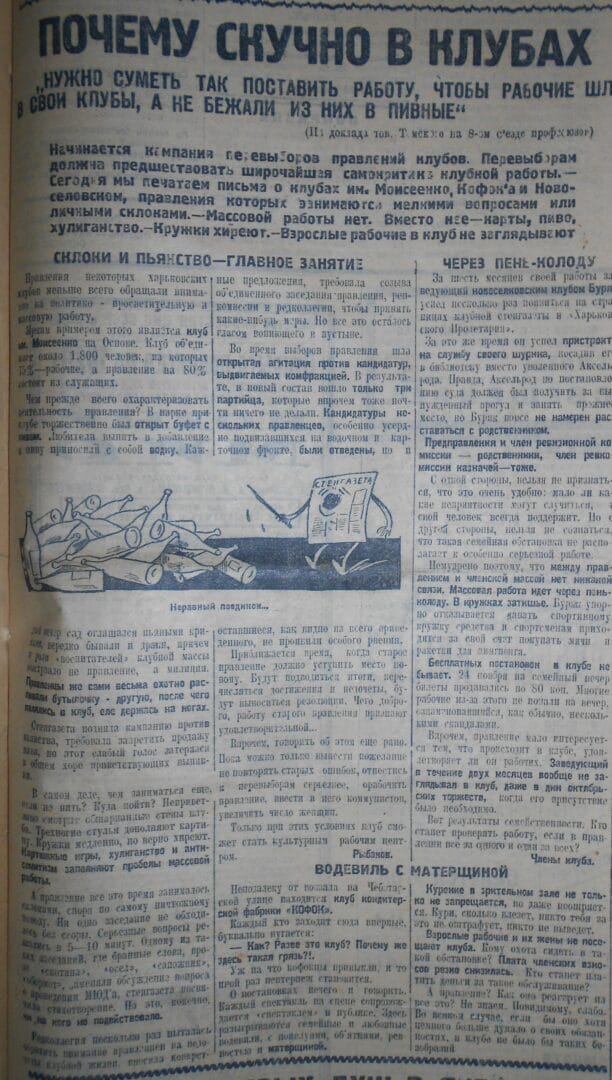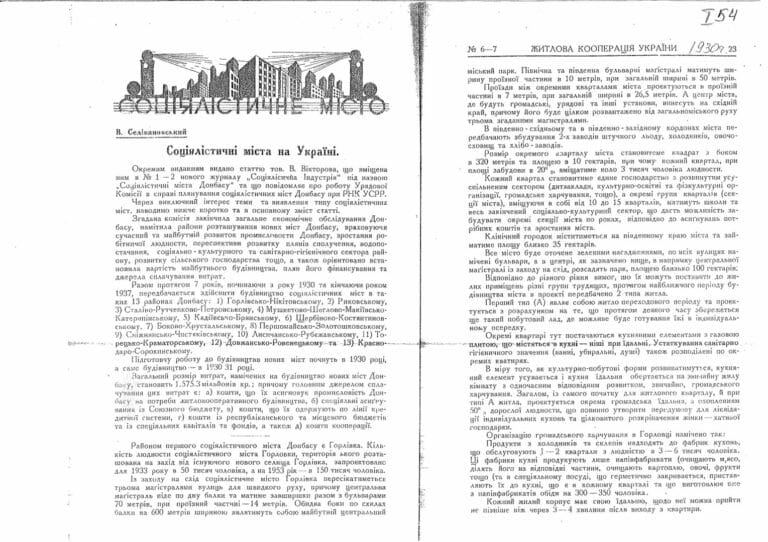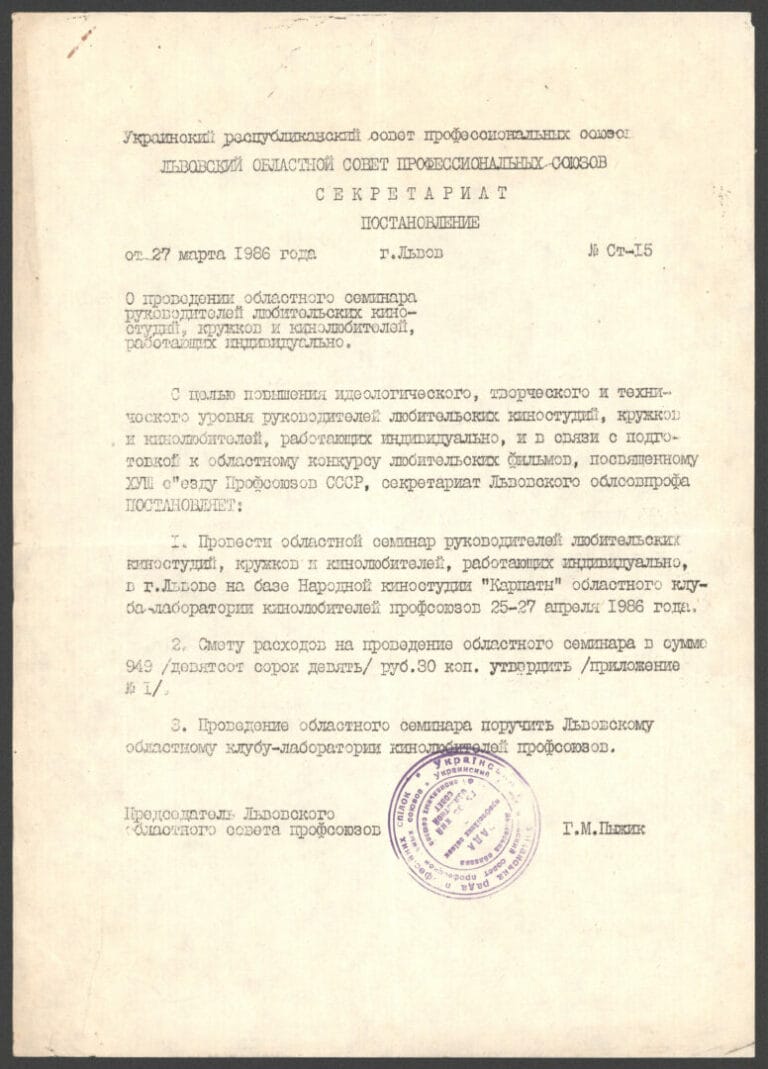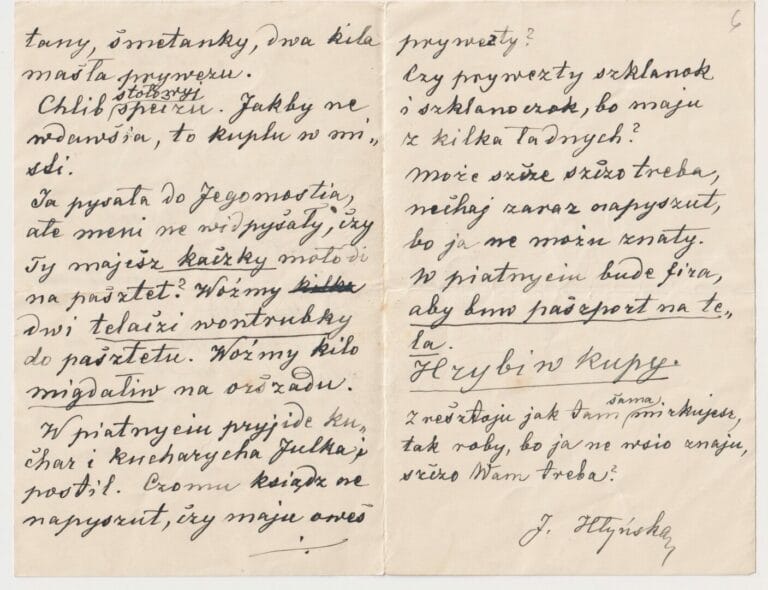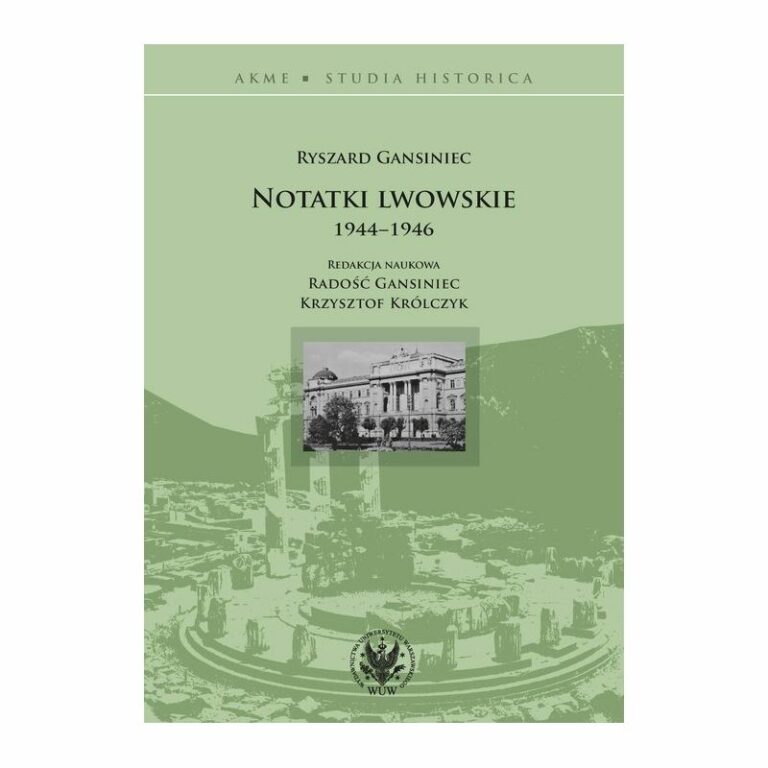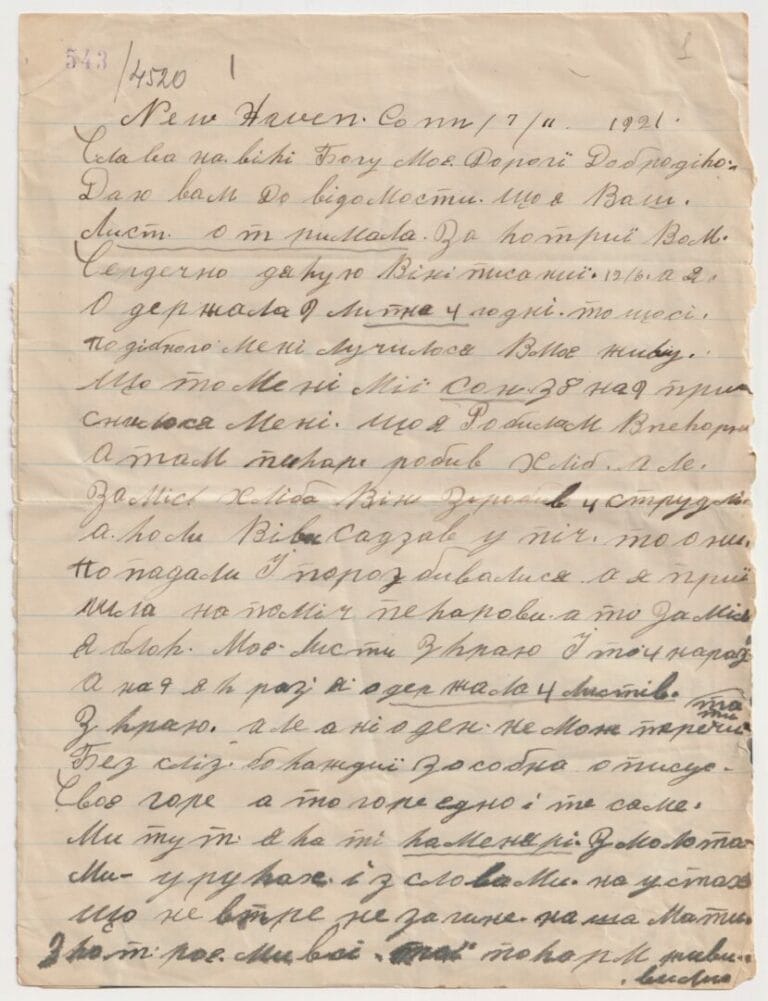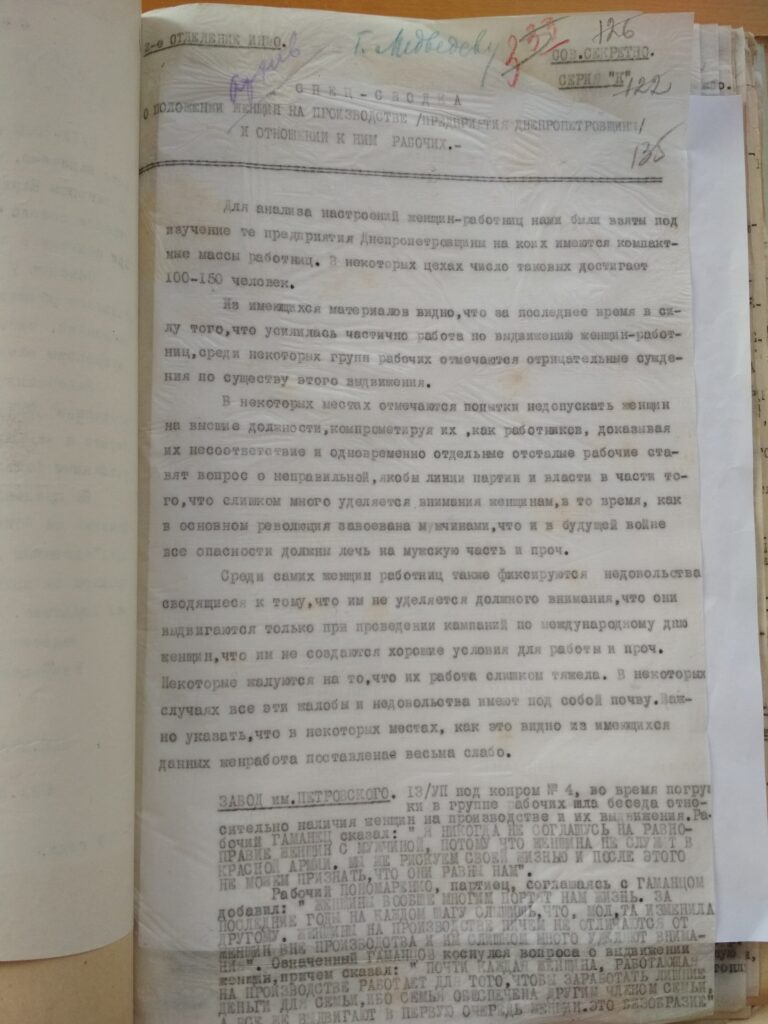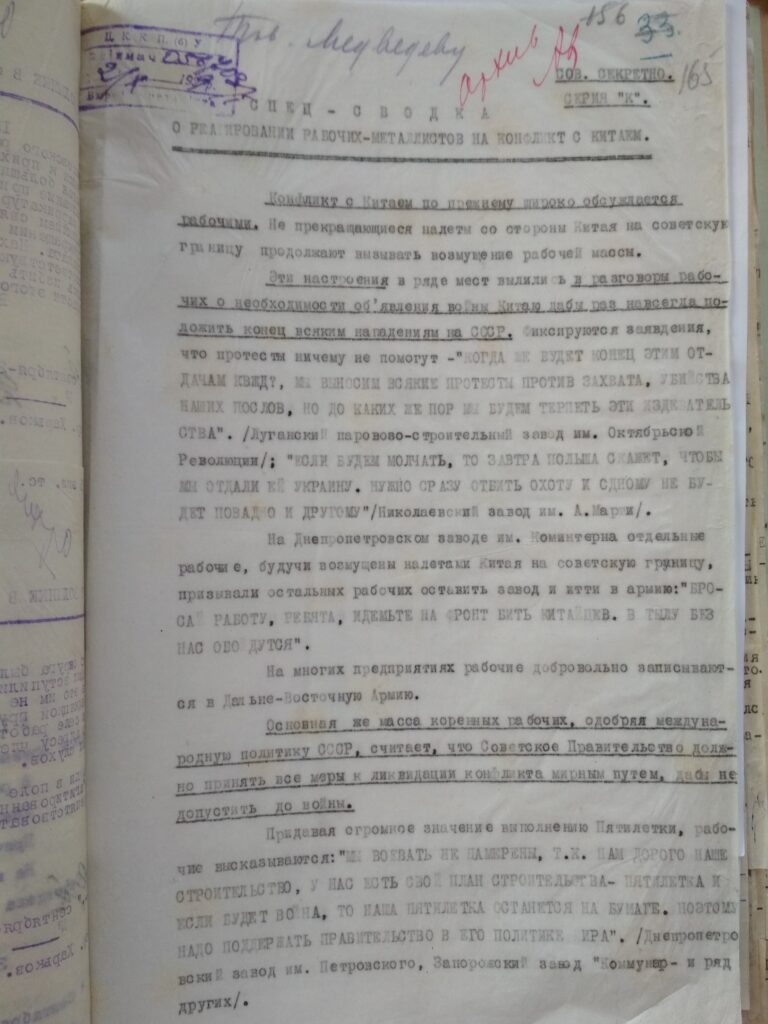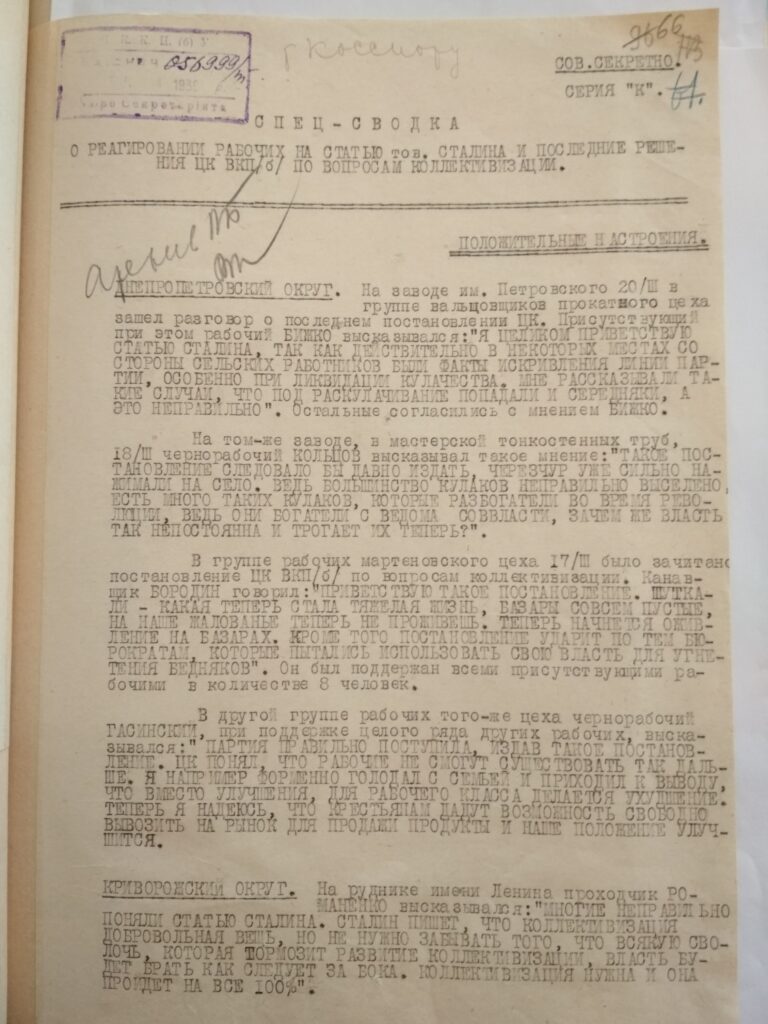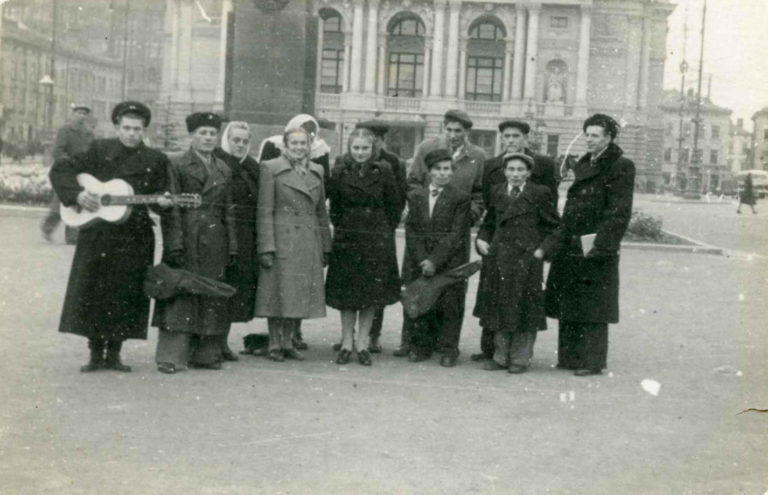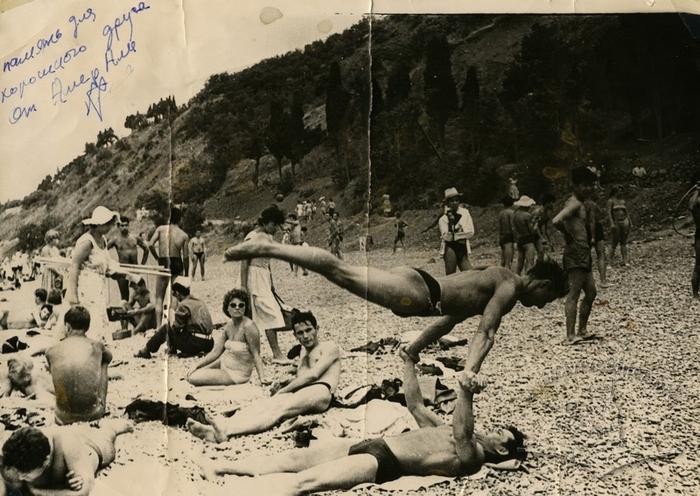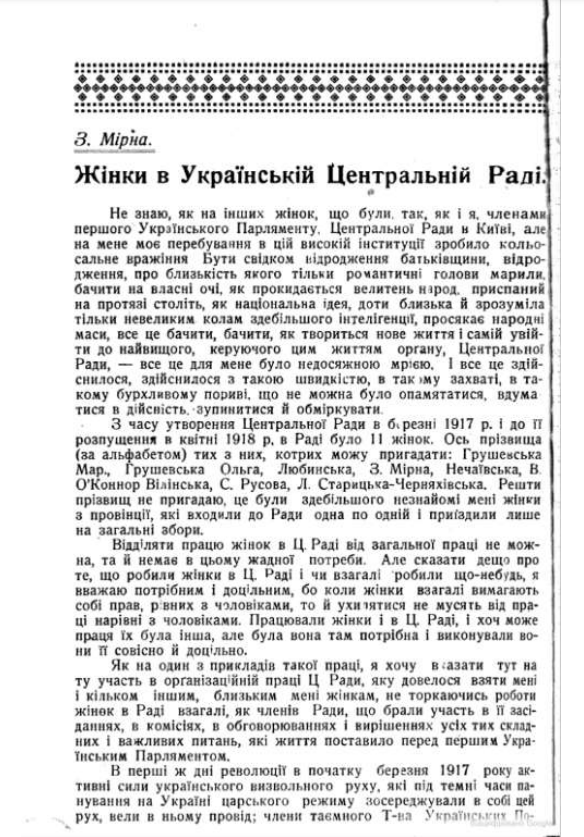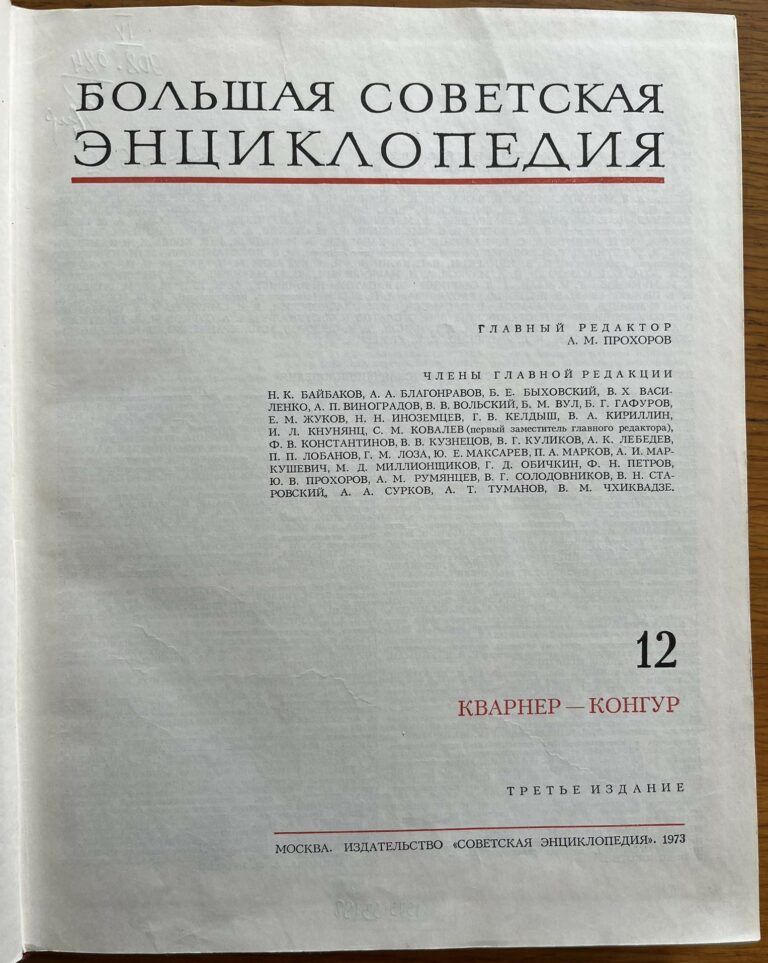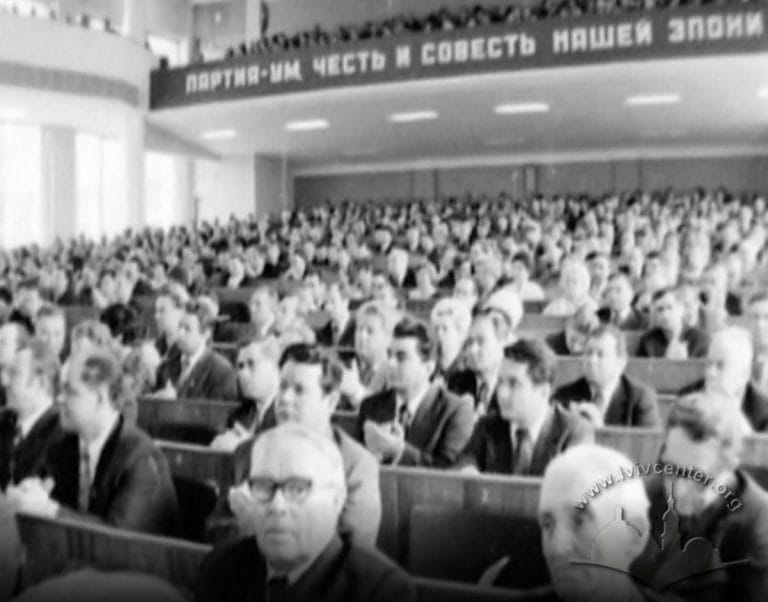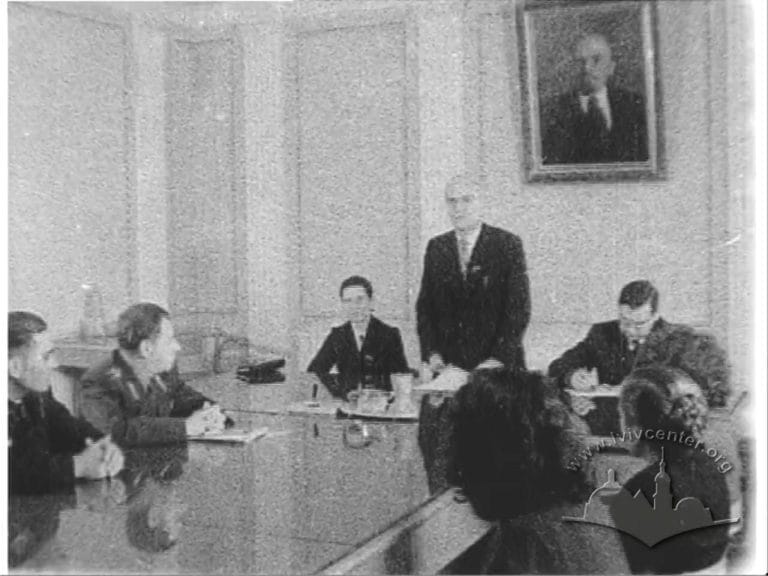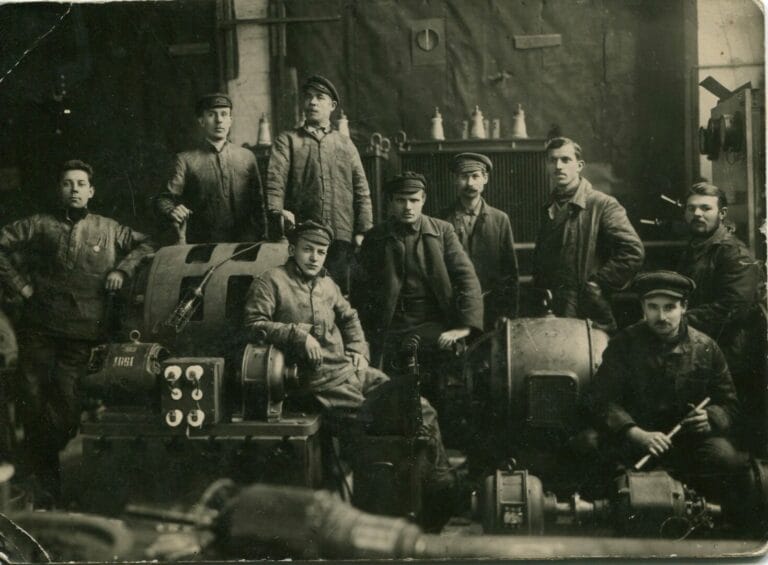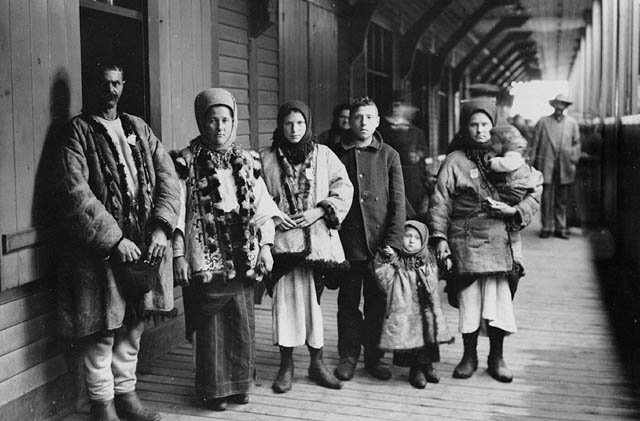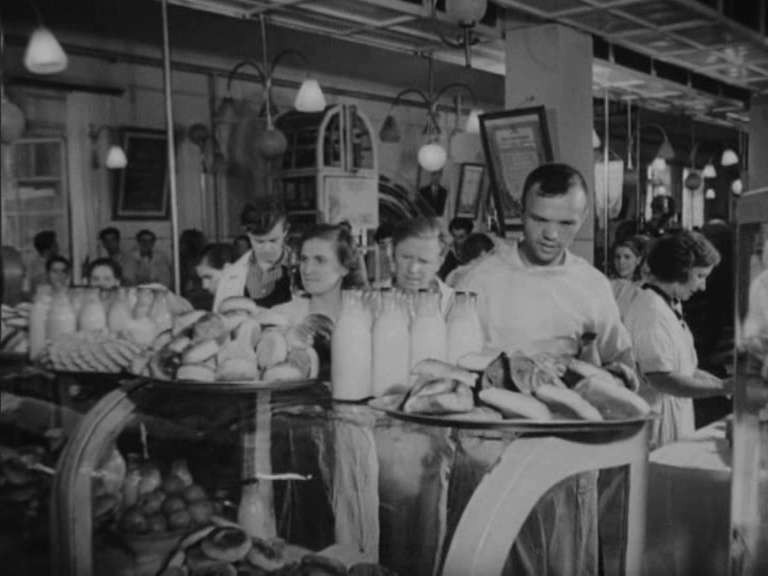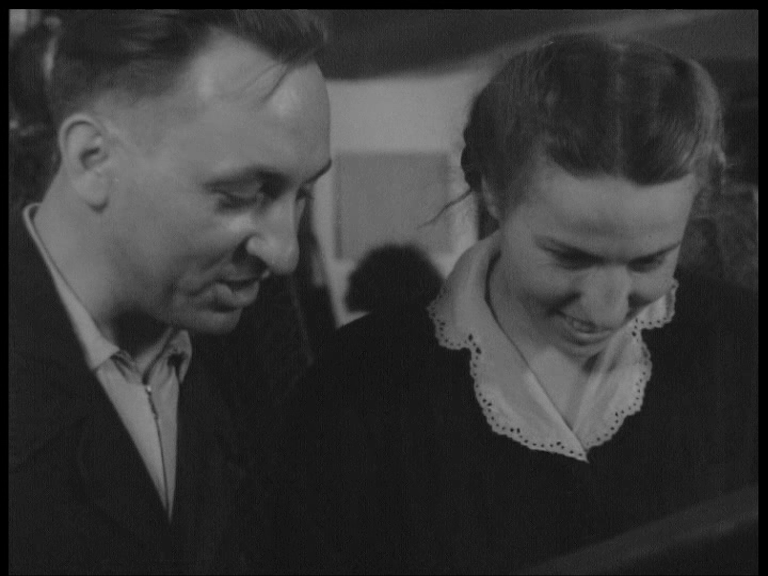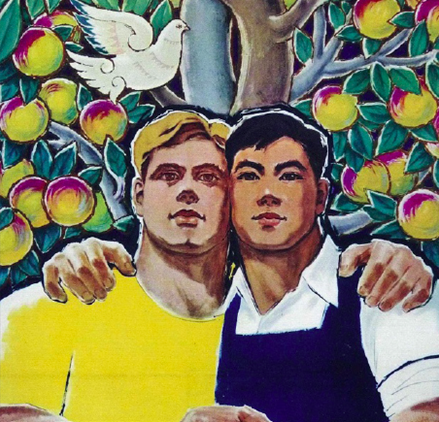Labor
Studying labor and social relations within the context of a specific period helps us to understand the formative historical, social, and political influences that shaped industry and business. Factories, enterprises, and organizations that play an important role in modern urban life were often shaped by complex conditions, dependent on their environment and surroundings. Market forces, individual emotions, managerial strategies, organized labor, constitutional and legal issues, ethical challenges, etc. also affected labor relations. For historians who are interested in the history of labor and the lived experience of workers, this theme offers an engaging subject for thinking about the world of work. Our materials refer to histories of professions and practices of remuneration, while focusing on important issues of urban modernization, trade unions, and leisure. This theme considers questions about what, historically, people wanted to gain from work, how people outlined objectives within their workplace relationships, and how the wellbeing of the labor force was measured. We are interested in how employment was structured, who had a formative influence in shaping labor rights, and which forces defined the public values that greatly affected the type of societies people used to live in.
Primary Sources
